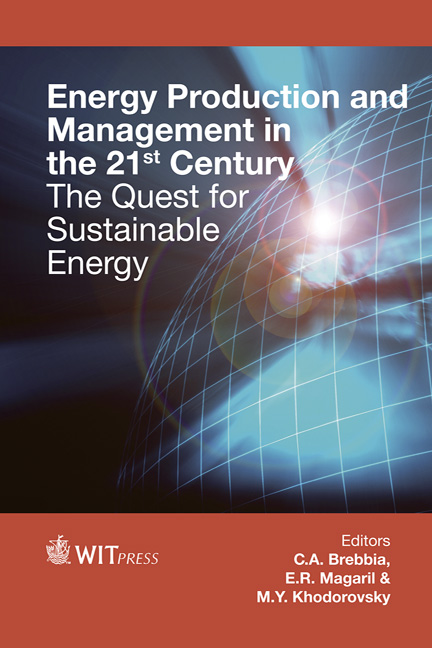The Influence Of Rectification Sharpness On The Quality Of Motor Fuels
Price
Free (open access)
Transaction
Volume
190
Pages
11
Page Range
833 - 843
Published
2014
Size
283 kb
Paper DOI
10.2495/EQ140772
Copyright
WIT Press
Author(s)
M. S. Rogalev & R. Z. Magaril
Abstract
At present, the production of motor fuels is associated with the compounding of products of reforming, isomerization, catalytic cracking, hydrocracking and hydrotreating. The quality of the components of motor fuels obtained in the above processes strongly depends on the rectification sharpness of raw materials and the stabilization of end-products. The existing lack of rectification sharpness worsens the economic parameters of the production of motor fuels and their operational and environmental properties. This problem results from the insufficiently effective interaction of the vapor and liquid phases in the contact devices of distillation towers. Here, we prove the necessity of taking into account the diffusion of key components of distillates between the vapor and liquid phases and the surface phenomena at the phase boundary in contact devices. Increasing the operating pressure in distillation towers and the introduction of surface-active substances per residue leads to a high degree of separation of distillates during their rectification. This technique has successfully been tested on the manufacturing facilities of a number of primary oil refining and gas processing plants. An industrial implementation of these findings will enable the improvement of the economic parameters of production of motor fuels and their operational and environmental properties. Keywords: quality of motor fuels, rectification, rectification sharpness, process of mass transfer, surfactants.
Keywords
quality of motor fuels, rectification, rectification sharpness, processof mass transfer, surfactants.





